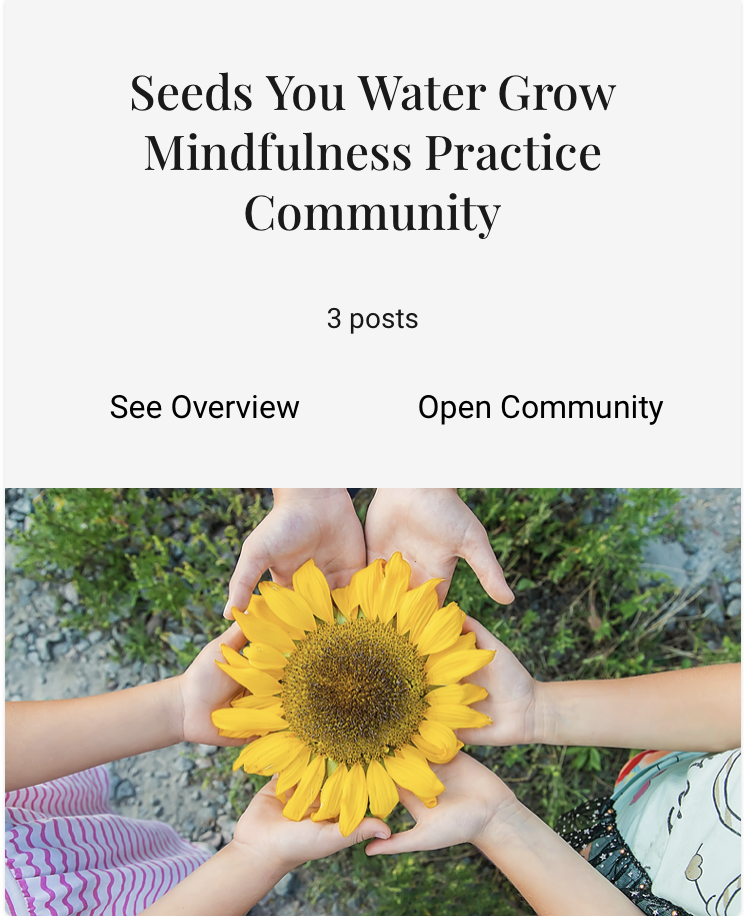How Much We Care
Reflections on our basic human instinct to save someone from drowning
I am in mid-sentence when I see the old woman slip and fall out of the corner of my eye. Softly, silently sliding down the steps, her body crumpling into the pool. She bobs gently with her face in the water, her curled back lifting above the surface, her limbs unmoving.
I move towards her, ready to act, without thinking about whether I should or not. A man nearby pushes through the water towards her and reaches her just before I do. He turns her body and gently lifts her head from the water. “Call 911” he says to me as I pull my phone from my pocket and dial. “Wait,” he says. “She’s alright. Tell the front desk.” I cancel the call and he props her up on the step. She has regained consciousness.
As I turn towards the reception area, I see that the room has fallen quiet. Everyone is standing, holding their breath, watching the scene unfold, with their bodies poised for action. Gentle looks of concern and care fill every face. How can I help?, they all seem to say.
I make it to the front desk quickly and interrupt a customer, saying firmly “a woman just passed out by the hot pool and fell in.” There is an immediate response as multiple employees jump into action. They are beside her, with first aid kits and juice before I can even turn around.
As I watch them tend to her, a surge of love fills my heart. The scene before me is calm, quiet, and controlled as they gather around her and check her vital signs.
All around me, I can feel the electricity of human hearts throbbing with concern. The care in the air is palpable. For just a moment we are all here, together. These 45 seconds have stopped time, and held us in an eternal moment of human heart connection.
“I almost drowned!” I hear the woman say, with an astonished giggle. She has the bright smile of someone who is suddenly delighted to be alive. She is going to live to love another day. Her family members arrive from the other end of the pool and gather around her, wide-eyed and stricken with care.
One at a time, people begin to exhale, and to return to their cheeseburgers and conversations. Trickles of relieved laughter fill the air. I feel my body start to relax, and the moment is over.
For the rest of the afternoon, the old woman is in my thoughts, and I am overcome by surges of gratitude and emotion around our innate and instinctual capacity to care for each other in times of need.
My response when I saw her fall was totally automatic, just like with the man who pulled her out of the water. There is no question of what we “should” do in these moments. Our brainstem reacts before we have time to process a cognitive thought or make a decision. We just act.
We help because it is instinct. Survival is in our human nature, and so is belonging. At our core, we are designed to catch each other when we slip and fall face down into the pool. We are designed to care.
In the face of fear however, we can easily forget this universal bond that connects us all. We know from history and from generations of perpetuated trauma that we can be scared and numbed out of our care for each other — that we can even be trained to cause harm. But all you have to do is look into the eyes of a military veteran who has seen combat to know that this comes with a heavy price — deep moral injury, heartbreak and exile that lasts generations, and karmic wounding that isn’t easily vanquished.
When we are carrying generations of trauma and harm in our bodies and hearts, it can be so easy to believe that we are better off alone, or that no one would notice if we just disappeared, or that we shouldn’t burden anyone with our needs.
But there is no escaping that we are a social species, that we are designed for belonging, to live in community, and to be in relationship with other humans. Even though we are living in uncertain times, depression and addiction are rampant, and the future of the planet is at stake, I have hope. It is important to be reminded from time to time of this element of the human condition — that there is safety in numbers, that our hearts are meant for each other, and that we automatically leap into the deep end to save someone who is drowning.
I am so grateful to live in a time and in a place where we don’t question whether or not to save a life, we just do it. Isn’t this a reason to believe we are making progress as a human community? Isn’t this a reason to have hope for the future?
Because from what I saw at the pool today, our essence is good and our intentions are pure when they are put to the test. We can survive these times by acknowledging our interconnectedness and that we need each other. And we can take solace in our basic human instinct to lift each other to the surface, in our shared human experience of wanting each other to survive.
Join the FREE Seeds You Water Grow Mindfulness Community to comment and share responses.
Discussion and Reflection prompt:
How do you experience caring in your life? Which of these caring behaviors are automatic and based in human instinct, and what actions are learned or habitual and require decision-making, thinking, “should’s”, or a compulsion to “help” or “fix”?


